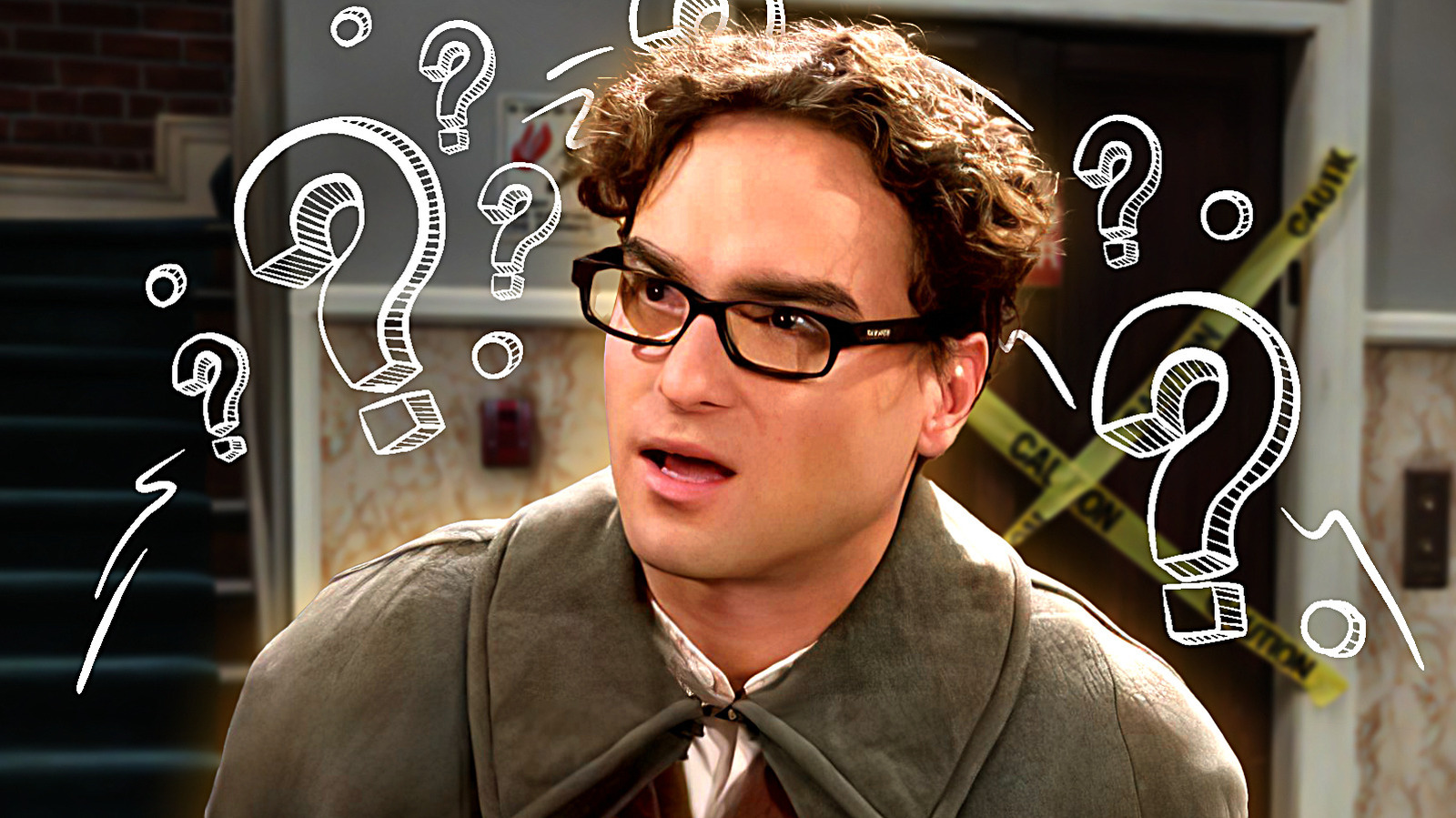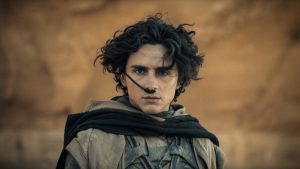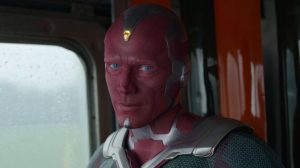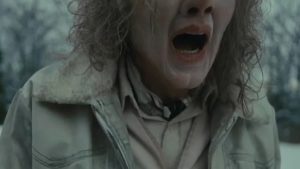
In the world of “The Big Bang Theory,” casting stories abound, filled with twists and turns that are often as compelling as the show itself. While Simon Helberg secured the role of the lovable Howard Wolowitz, Kevin Sussman nearly snagged it and later found success portraying comic book shop owner Stuart Bloom. Kunal Nayyar, known for his role as Raj Koothrappali, faced the risk of being fired before filming even began, and Kaley Cuoco took over the original female lead role as Penny.
Johnny Galecki’s portrayal of Leonard Hofstadter spanned the entire 12-season run of the show, but he wasn’t the only contender for the part. John Ross Bowie auditioned for Leonard, and despite losing out to Galecki, he landed a recurring role with a surprising twist. Bowie shared in a past interview that he felt no resentment when Galecki was chosen, describing it as a fitting match for the character.
The creators, Chuck Lorre and Bill Prady, had a specific vision for the actor they needed, aiming for a “villain” type. Bowie initially approached the character intending to portray an alpha nerd bully, but thanks to input from Lorre, they shifted direction. The addition of a speech impediment transformed Bowie’s creation of Barry Kripke, leading to the unique and memorable Elmer Fudd voice that became his signature.
Interestingly, Barry Kripke, characterized as a plasma physicist and string theorist at Caltech, actually suffers from a real speech condition known as rhotacism, which affects his ability to pronounce the “R” sound. However, Bowie argued that this trait shouldn’t define him. “For all his flaws, Kripke is not a loser and is incredibly smart,” he noted, emphasizing the character’s underlying strength.
Bowie’s audition experience held another amusing twist. During his audition, while he was in the midst of showcasing his comedic prowess, a knock echoed through the room, and a voice declared that Leonard Nimoy was calling for Lorre. Instead of being annoyed by the interruption, Bowie encouraged Lorre to take the call, recognizing the iconic nature of the moment. The laughter generated in that room allowed him to settle into his role seamlessly.
Ultimately, the character of Barry became a reflection of Bowie’s creativity, evolving based on his impromptu performance during auditions. He was informed shortly after his tryout that the role would now carry his signature speech impediment, and the name was changed to Barry for comedic effect.
The legacy of “The Big Bang Theory,” particularly Bowie’s hilarious portrayal of Barry Kripke, endures, and fans can catch all the iconic moments on Max, the streaming platform that houses this beloved series.



